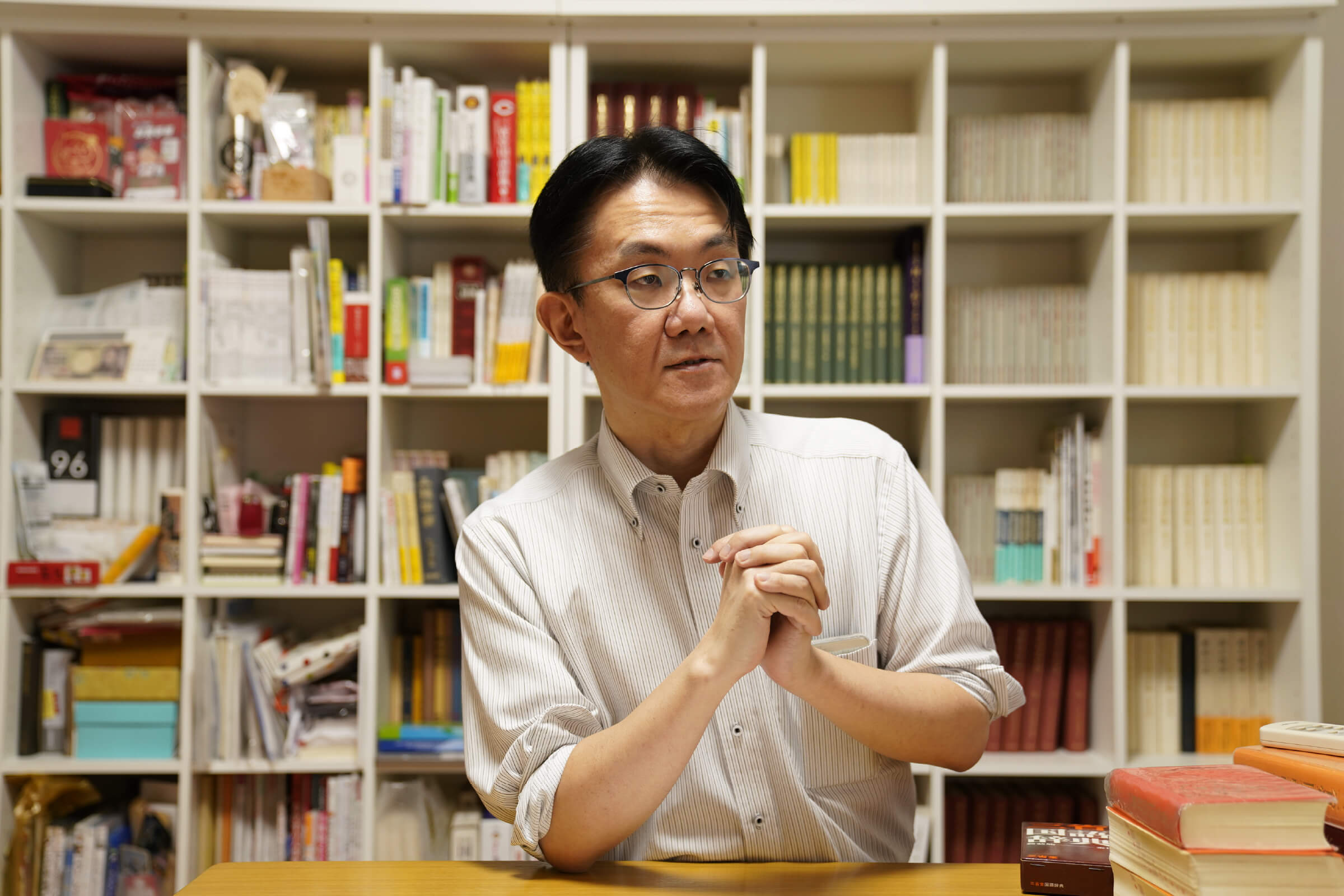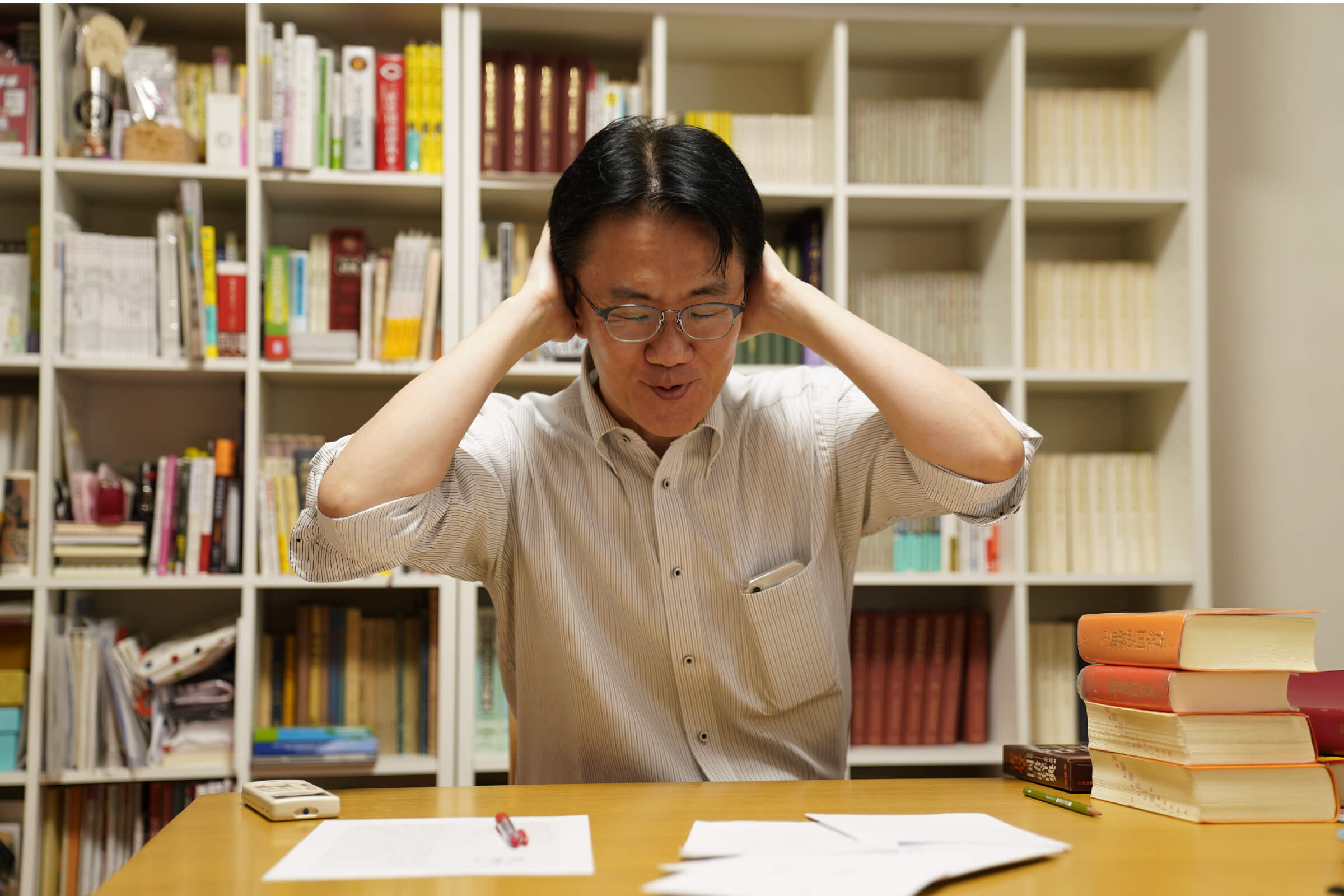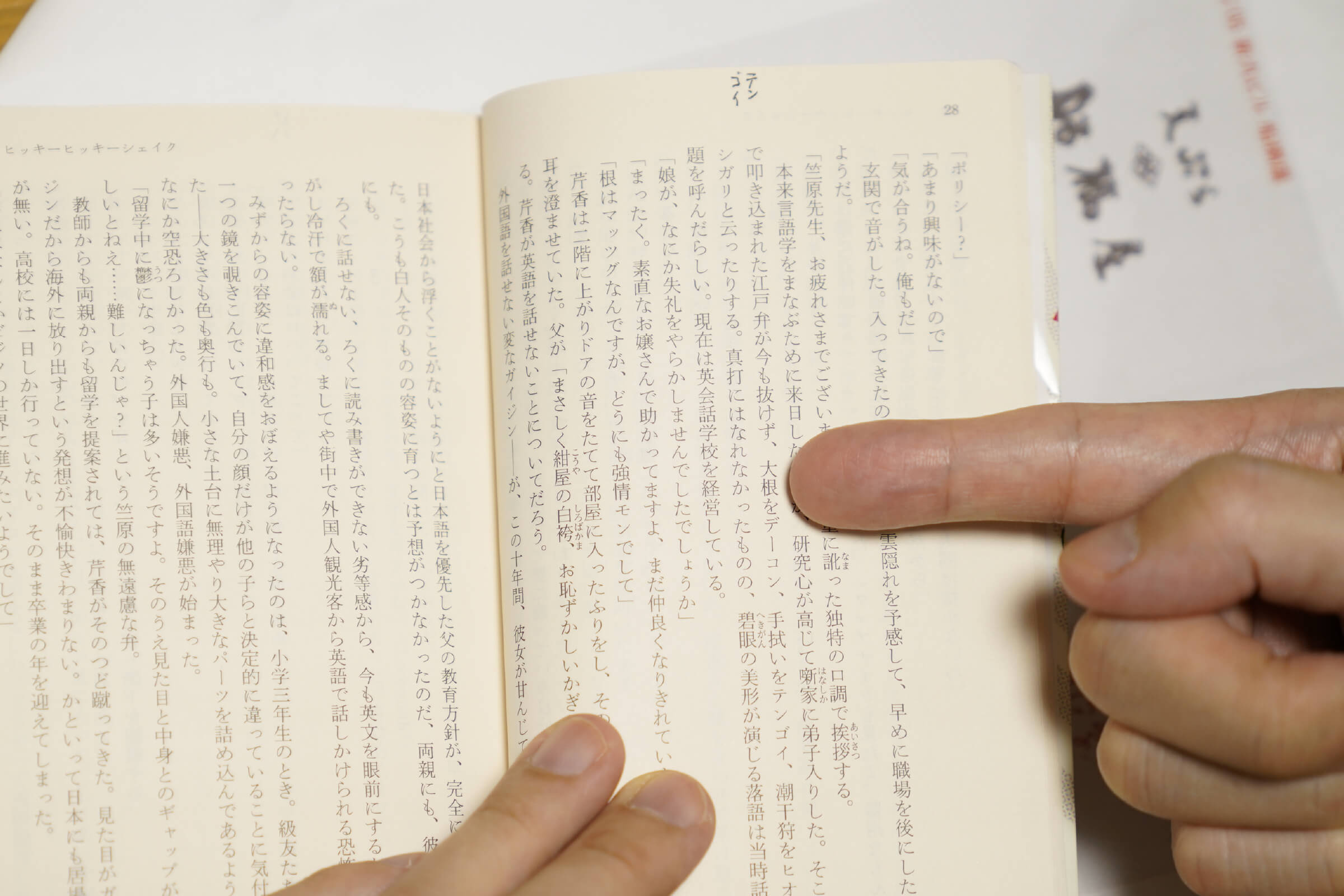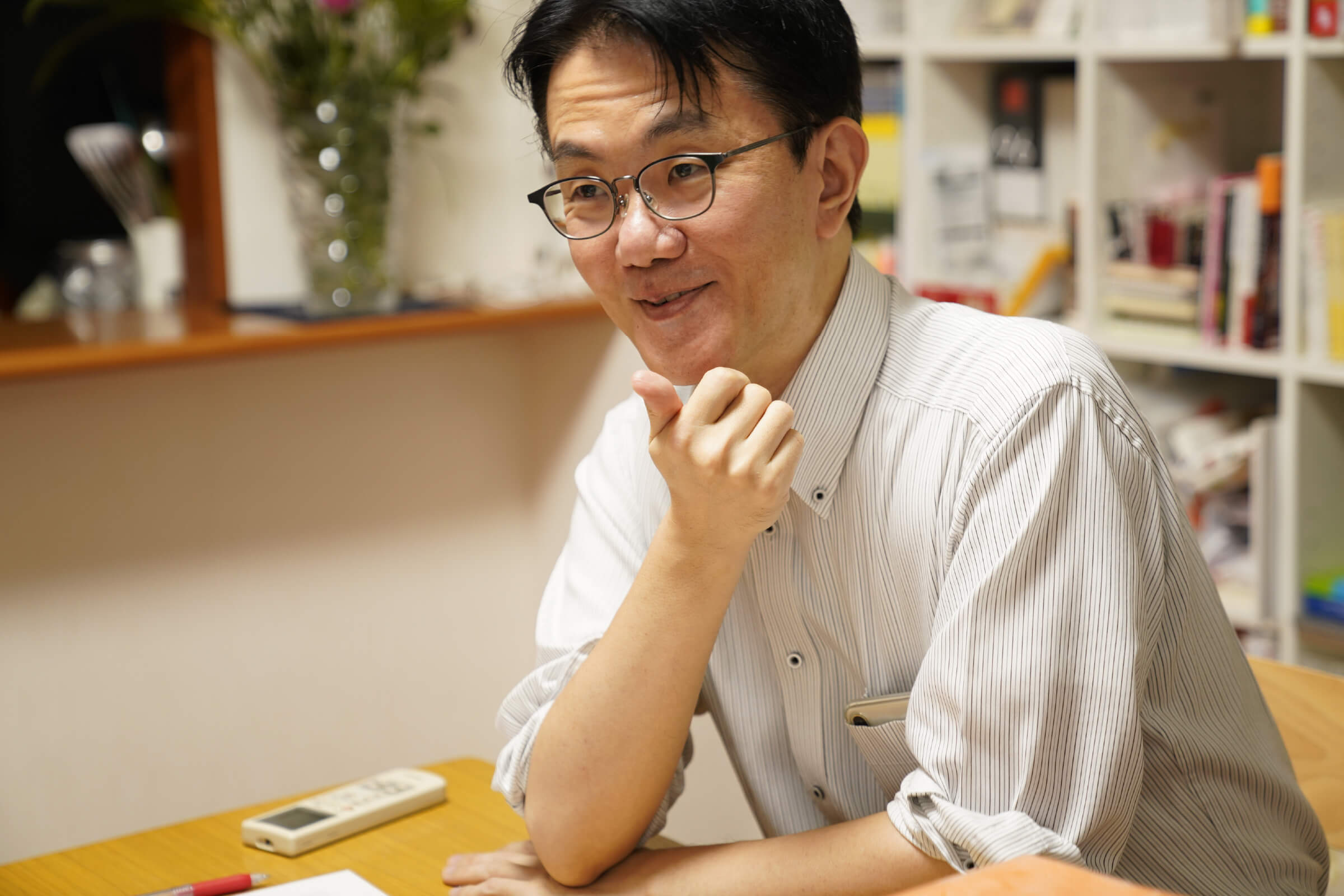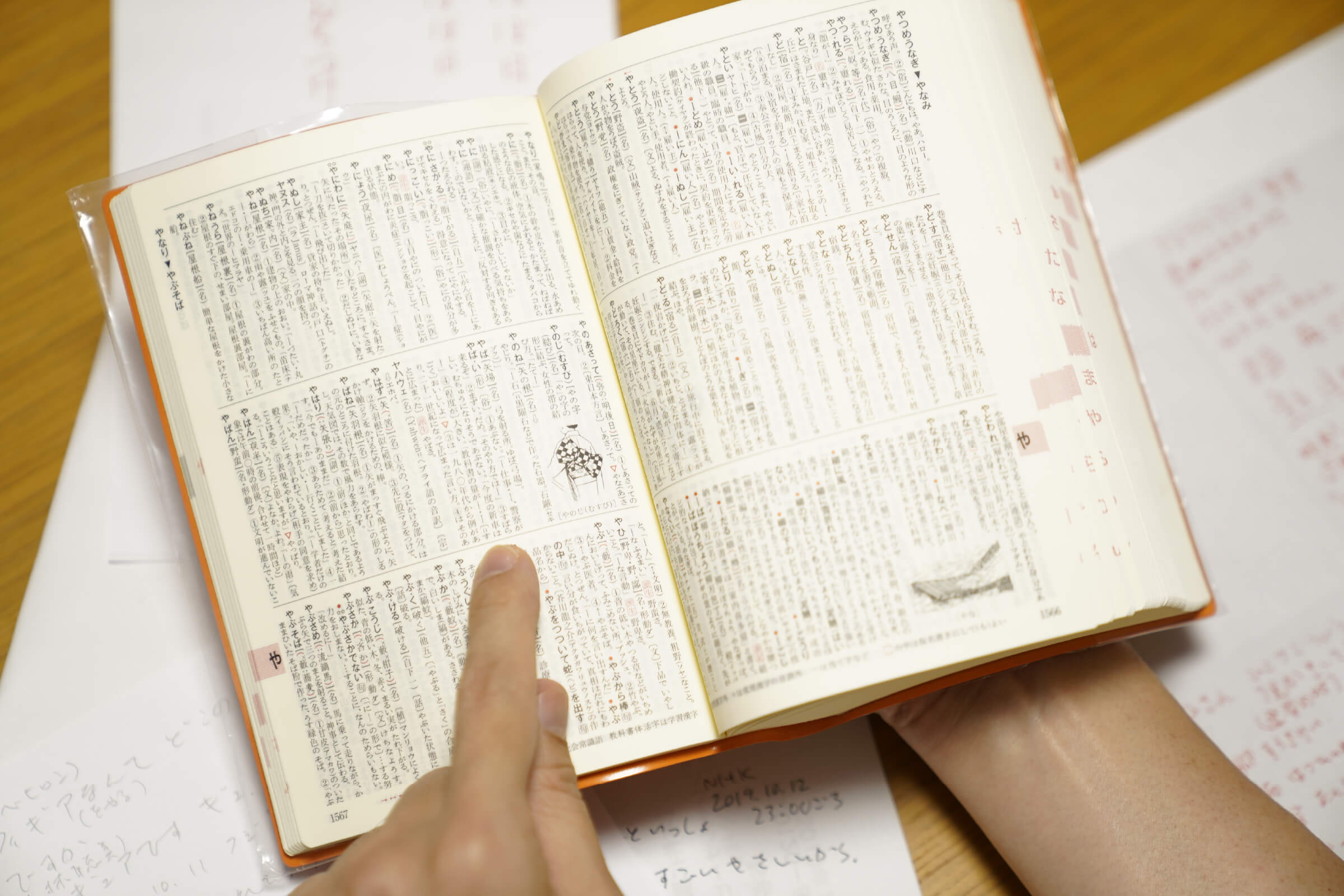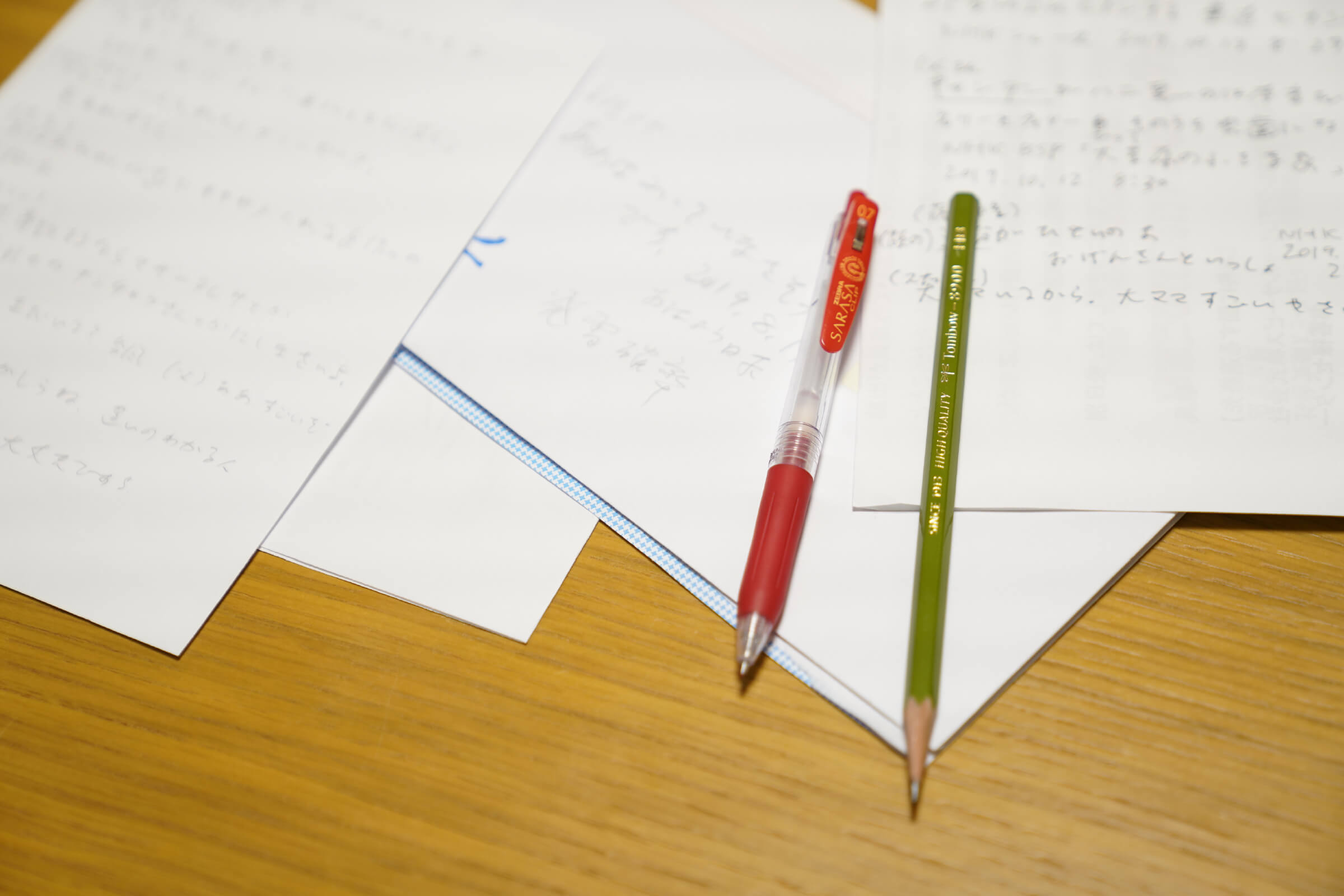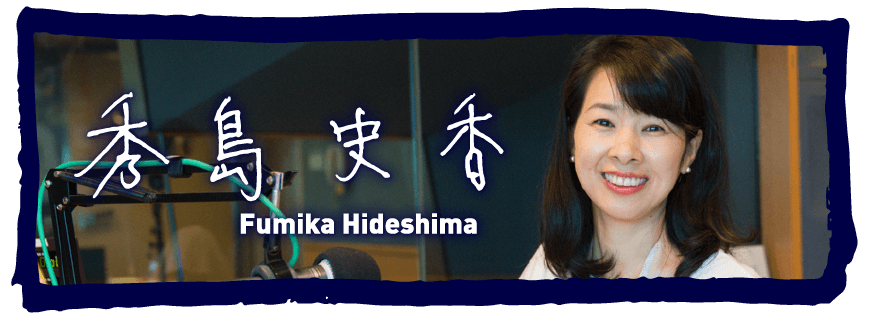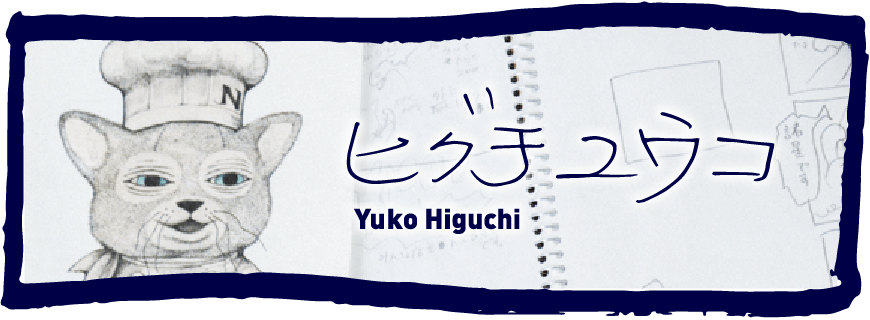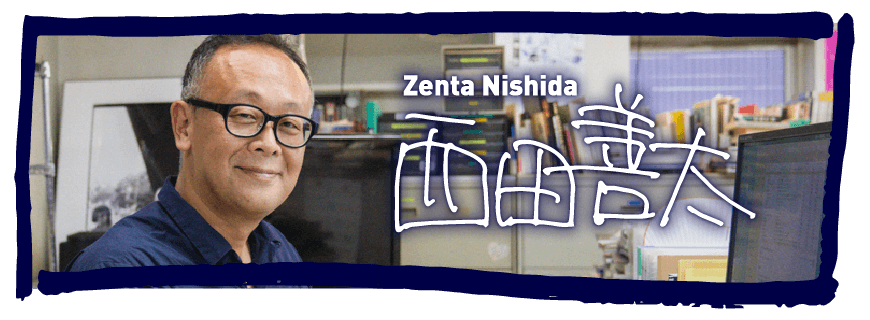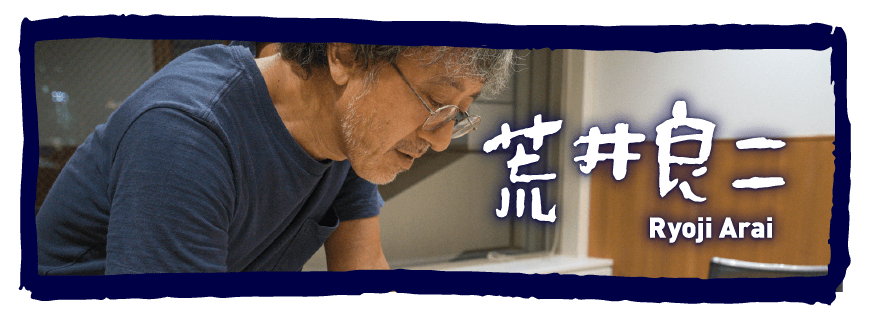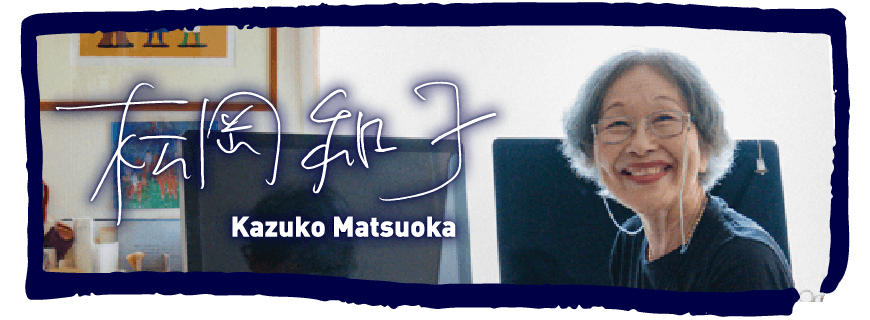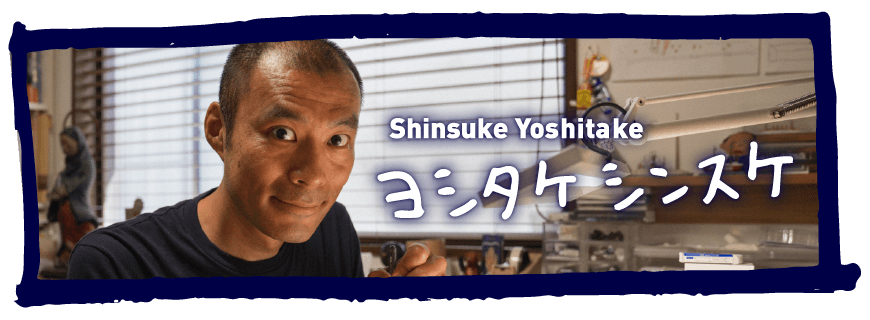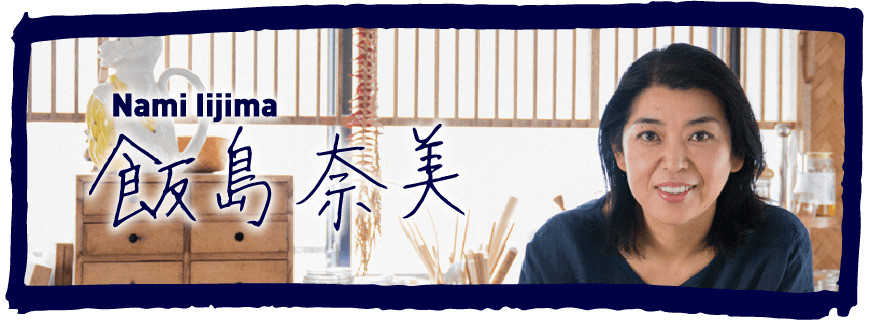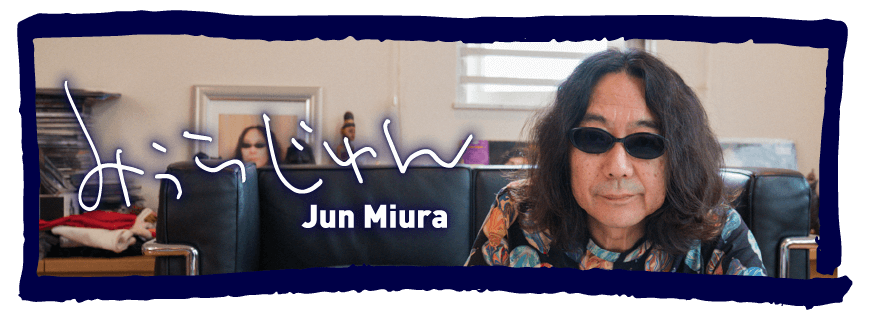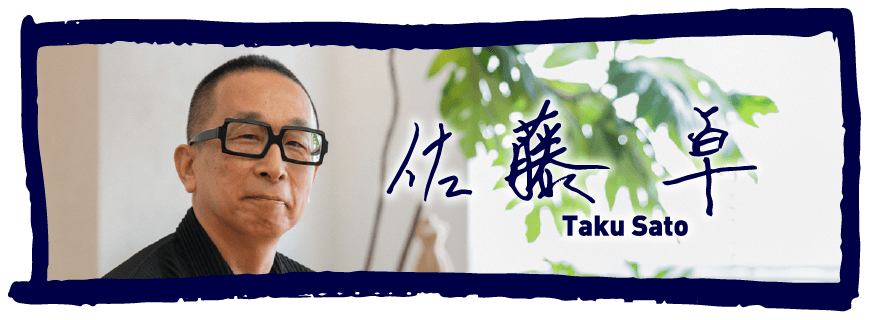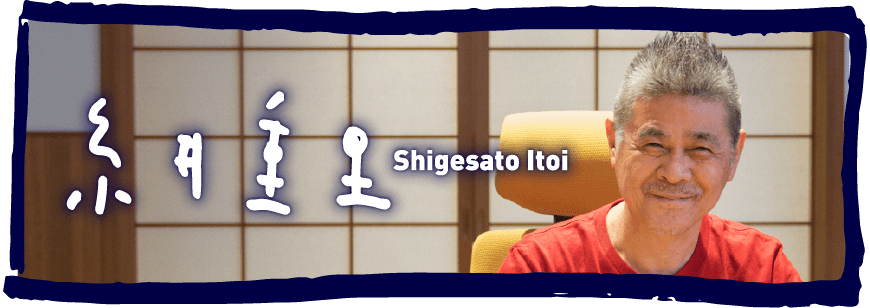What does it mean to write? Writing is a very simple task one can do with only a pen and paper. And yet, the possibilities are endless. This popular series from last year comes back with a new lineup of interviewees. To everyone who is involved in writing on a daily basis, what does it mean to write?
What does it mean to write?
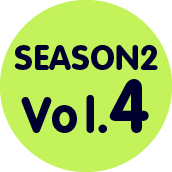
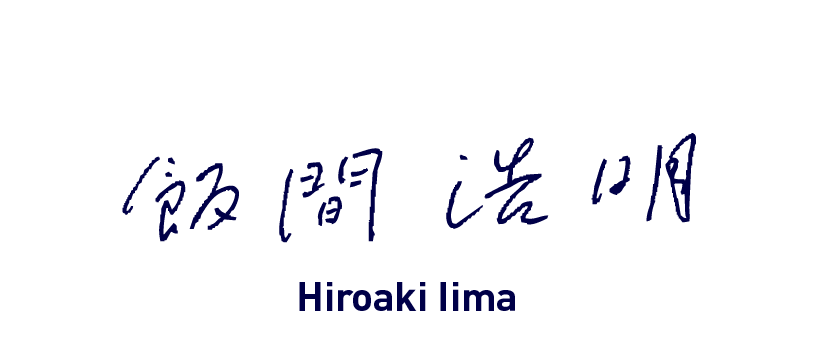
No one can handwrite
my own words but me.
Lexicographer Hiroaki Iima compiles example sentences for Japanese dictionaries by constantly studying words and events when watching TV, browsing the internet, and walking around town. When he comes across an interesting phrase, he writes it down with a pencil and paper so he won’t forget it. When posting on Twitter or speaking at a lecture, he includes handwritten notes as a means of clarifying something is his own opinion. We asked Iima what it means, as a linguistic professional, to write.
ProfileHiroaki Iima
Japanese dictionary lexicographer. Born 1967 in Kagawa Prefecture. Graduated from the School of Humanities and Social Sciences at Waseda University and later also received a doctorate degree from Waseda University. Senior staff writer for the Sanseido Japanese Dictionary. Spends his days gathering modern example sentences from various places, such as newspapers, magazines, books, the internet, and around town. Has published several books about the Japanese language.
Twitter: @IIMA_Hiroaki

